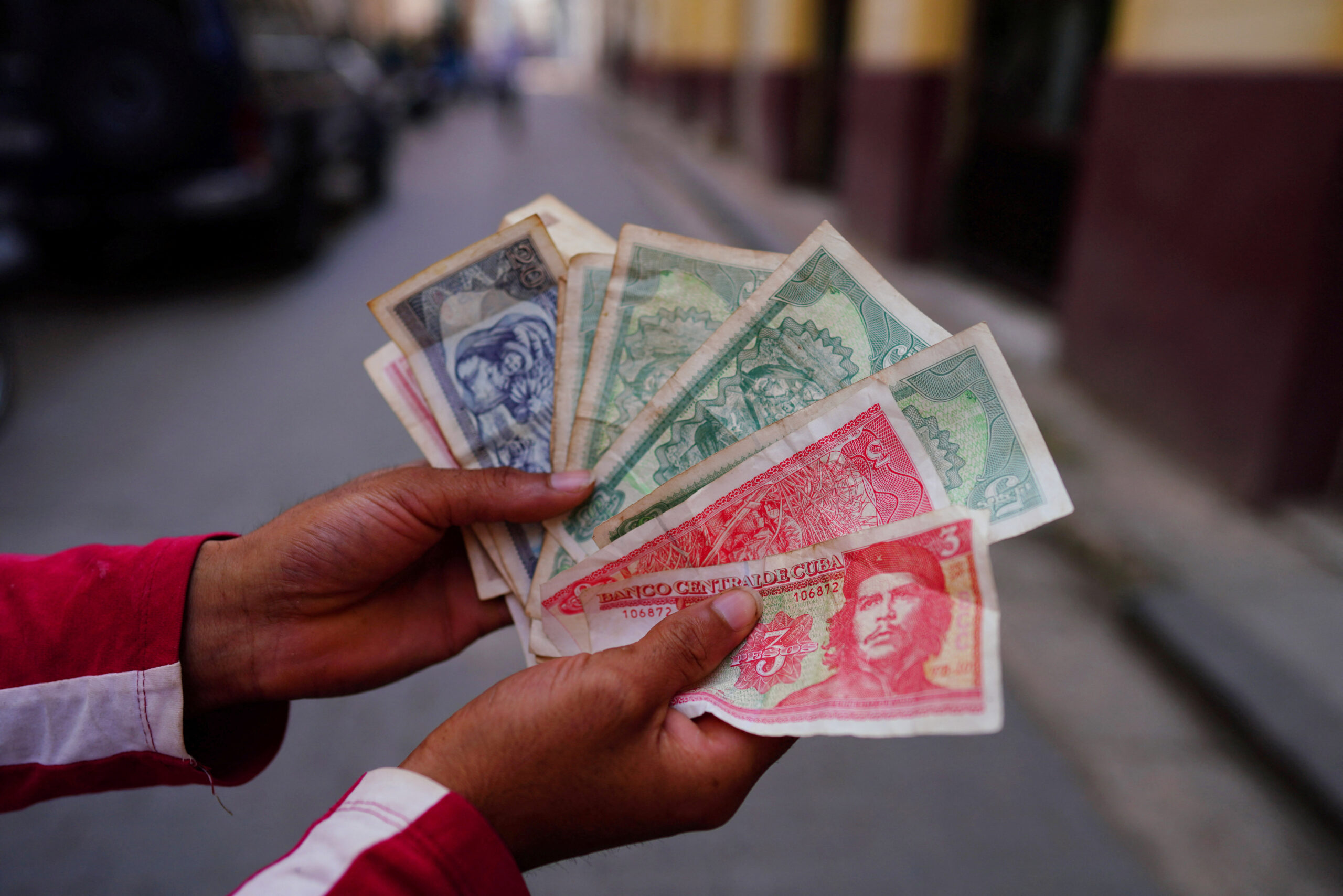Longevity, influence and the social media trap: Who do we trust with our health?
In a world where six-pack abs are flaunted more than six-point health plans, who are we really trusting […]

Rare demonstrations have occurred in Cuba amid the ongoing economic challenges facing the island nation.
President Miguel Diaz-Canel urged for calm following gatherings of hundreds of people in Santiago, Cuba’s second-largest city, protesting against power outages and shortages of essential goods the day before. Videos circulated on social media showing crowds in the communist-led country chanting slogans such as “Power and food.”
Diaz-Canel attributed the unrest to provocations by the United States and summoned the top US diplomat in Cuba for a meeting on Monday. “The stance of the party, state, and government authorities is to address the grievances of our citizens, engage in dialogue, and clarify the ongoing efforts to enhance the situation, always fostering an atmosphere of peace and calm,” he further stated. The president attributed the protests to adversaries of the government and criticized “unworthy politicians and terrorists” in the United States for attempting to exploit the situation.
The United States categorically denies any involvement in these protests.
Meanwhile, the US embassy in Havana stated in a communication on X that it had received reports of protests occurring in Bayamo, Granma, and other areas. It called upon the Cuban government “to uphold the human rights of the protesters and address the legitimate concerns of the Cuban people.”
A surge in blackouts in Cuba has resulted in power being cut off for up to 18 hours or more per day, exacerbating shortages of food and hindering economic activity in the financially struggling nation. Demonstrators took to the streets to complain about hours-long power cuts and increasing food scarcity. There were also calls for political freedoms, with chants of “Patria y Vida,” which means fatherland and life in Spanish, a reference to the popular anti-government anthem.
Cuba is grappling with its most severe economic crisis in decades, partly due to the COVID-19 pandemic, which drastically reduced tourism revenue. The country’s economy has also long been hampered by U.S. trade embargoes and recent sanctions imposed during the presidency of Donald Trump.
Diaz-Canel called for dialogue and urged for peace, acknowledging the grievances expressed by some regarding electricity provision and food distribution.
The demonstrations in Santiago remained peaceful, with protestors chanting slogans such as “Down with communism. Down with Diaz-Canal.” Social media footage showed no instances of violence or arrests, although a significant presence of state security forces was noted. Nevertheless, internet connectivity reportedly experienced disruptions from late Sunday until early Monday, as indicated by certain accounts.
In July 2021, Havana responded forcefully to significant protests, marking the most extensive demonstrations witnessed in Cuba since Fidel Castro’s revolution in 1959. The international community criticized the government’s reaction.
Since 1960, the United States has upheld an economic embargo on Cuba, imposing trade restrictions between the two nations.
Due to the economic turmoil, Cuba sought assistance from the UN’s World Food Programme for the first time in February, specifically requesting aid in providing milk to children, as confirmed by the organization.

In a world where six-pack abs are flaunted more than six-point health plans, who are we really trusting […]

In the era of social media, post-COVID, and with mental health at the forefront, a shift is taking […]